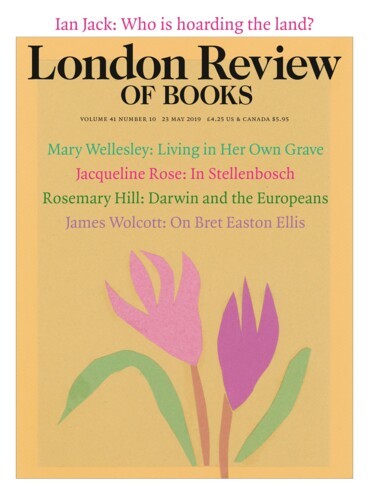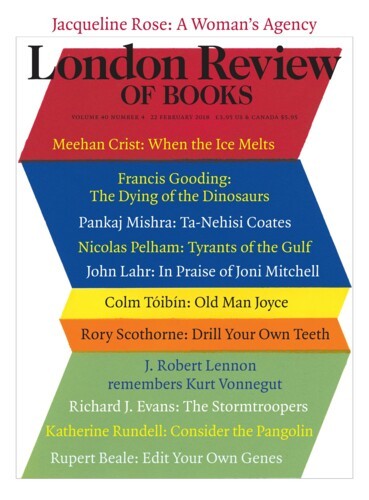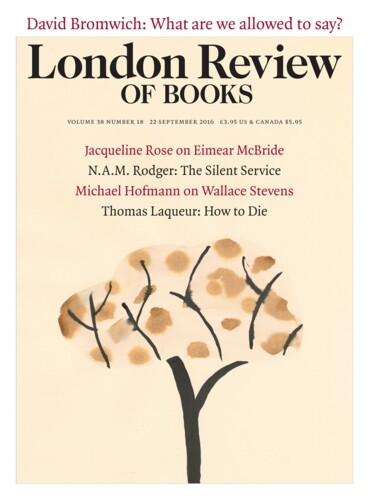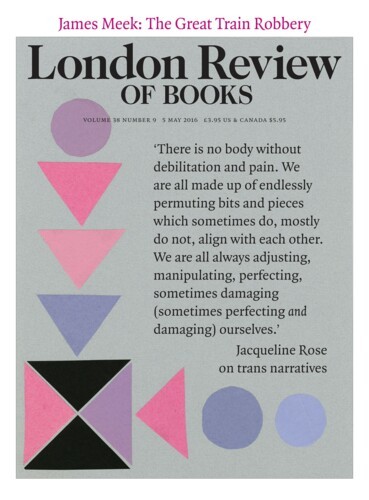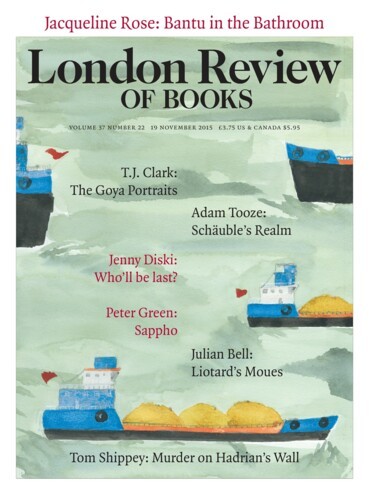One Long Scream: Trauma and Justice in South Africa
Jacqueline Rose, 23 May 2019
Where is trauma meant to lodge itself when the mind, like the body, in shreds or shot to pieces, is no longer anything that might remotely be called home? The very persistence of horror in South Africa tells us that thinking about trauma in relation to language, circling endlessly around the question of whether or not it can be spoken, which has tended to dominate academic discourse, is not enough.
